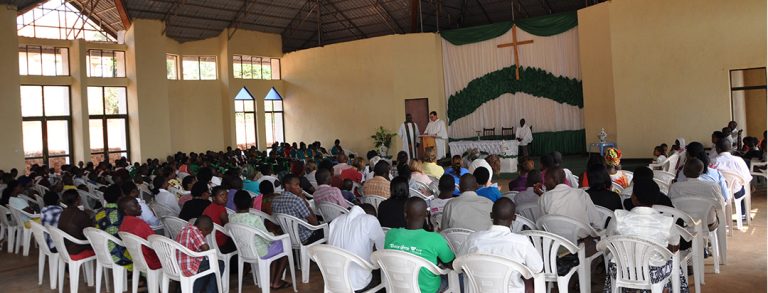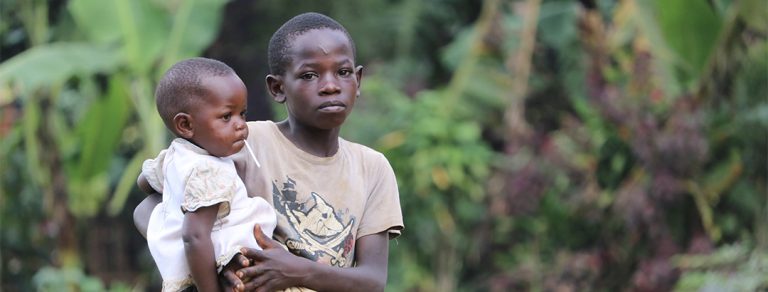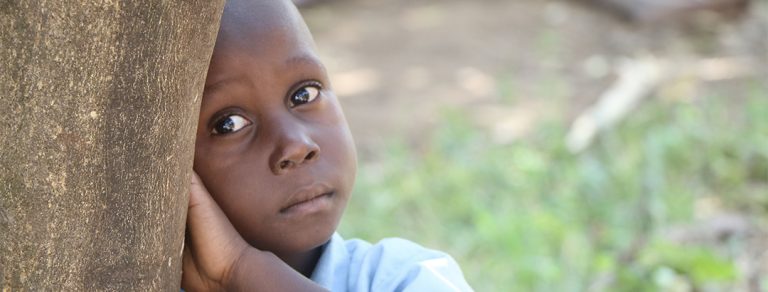Kids aren’t the biggest fans of being stuck inside with nothing to do. They want to run and play. They want to go to school and see their friends. So, as hard as social distancing has been for us as adults, it’s been even harder for boys and girls. Just ask any parent who tried to homeschool their child for the first time this spring!
And in many developing countries, on top of all that, kids have nothing to eat because their parents are out of work. They don’t know what the future holds. That’s scary — for anyone, but especially for kids.
In times like these, it’s often the kids who suffer most.
From Brazil to Zimbabwe, here are some of the ways boys and girls around the globe have been affected by the pandemic. (And keep reading to find out how you can help!)
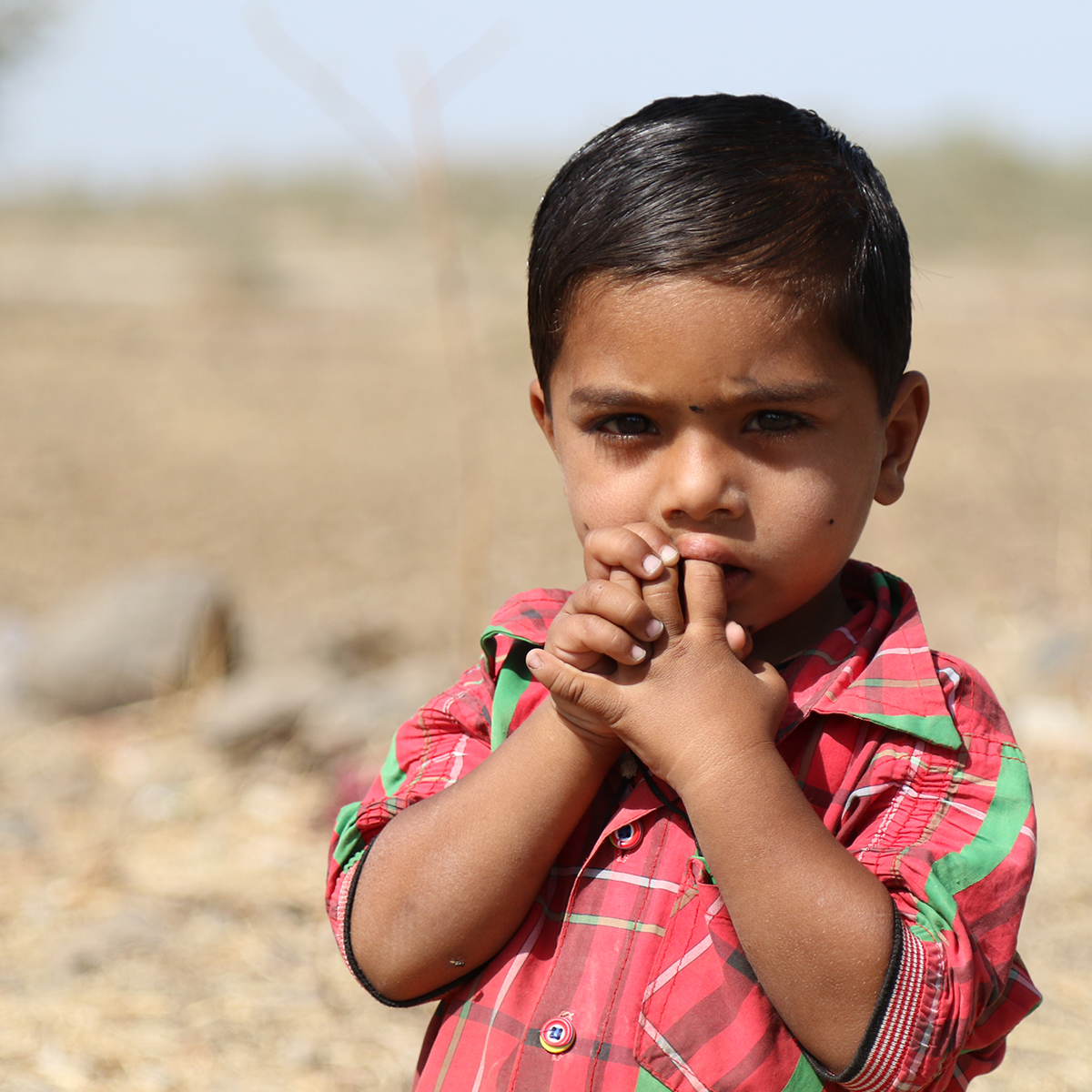
Brazil
Brazil has the second highest number of coronavirus cases in the world with more than 2.1 million cases and nearly 81,000 deaths. Those numbers continue to grow — fast — and starvation is a constant threat, too. Our partners on the ground have found that many kids simply aren’t able to emotionally process it all. “The kids have not been ready to talk,” one partner said. “We’ve tried to have conversations with them, but it hasn’t happened mostly because I don’t think most of the kids have the words to explain what they’re feeling.”
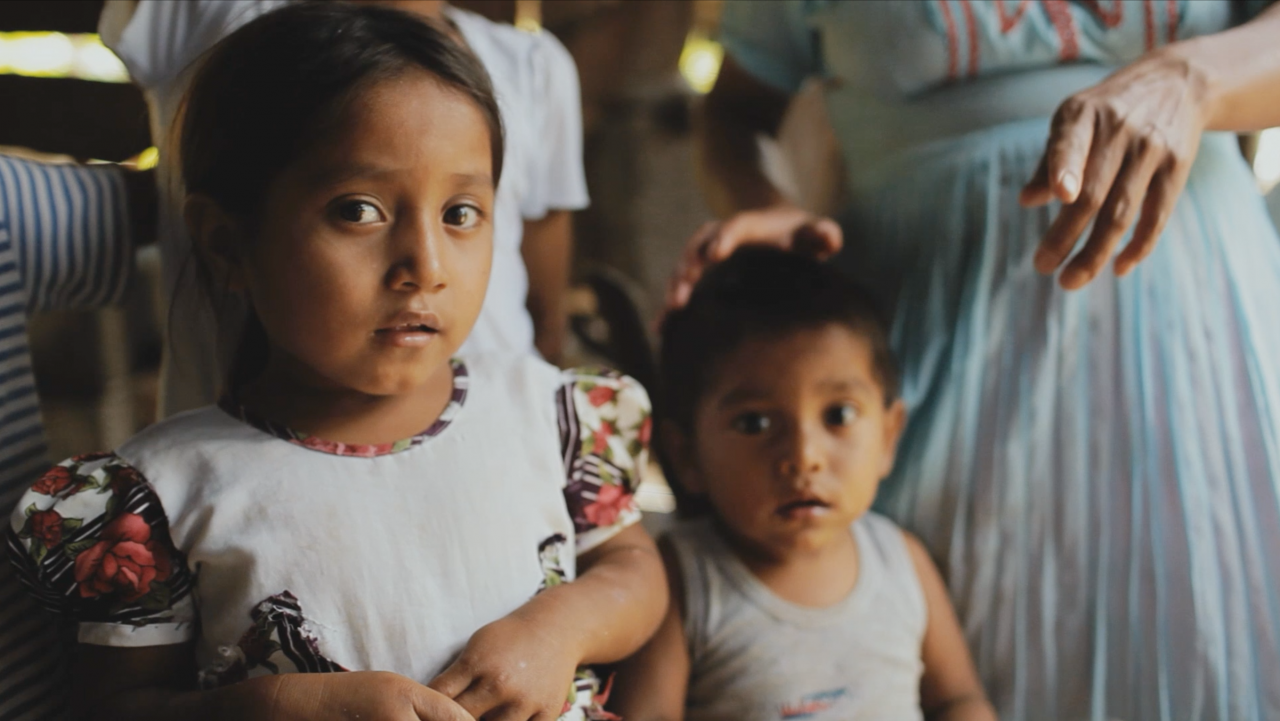
Dominican Republic
Even the very youngest children around the world have been affected by the pandemic. Edward and Doris welcomed their baby boy into the world March 26. It was the first week the number of coronavirus cases had begun to spike in the Dominican Republic and just days after Edward had lost his job due to the lockdown. This tiny baby spent his first few days of life with no diapers, no formula, none of the things a newborn needs … all because of the coronavirus. It was only through the generosity of others that he and his family finally received help.
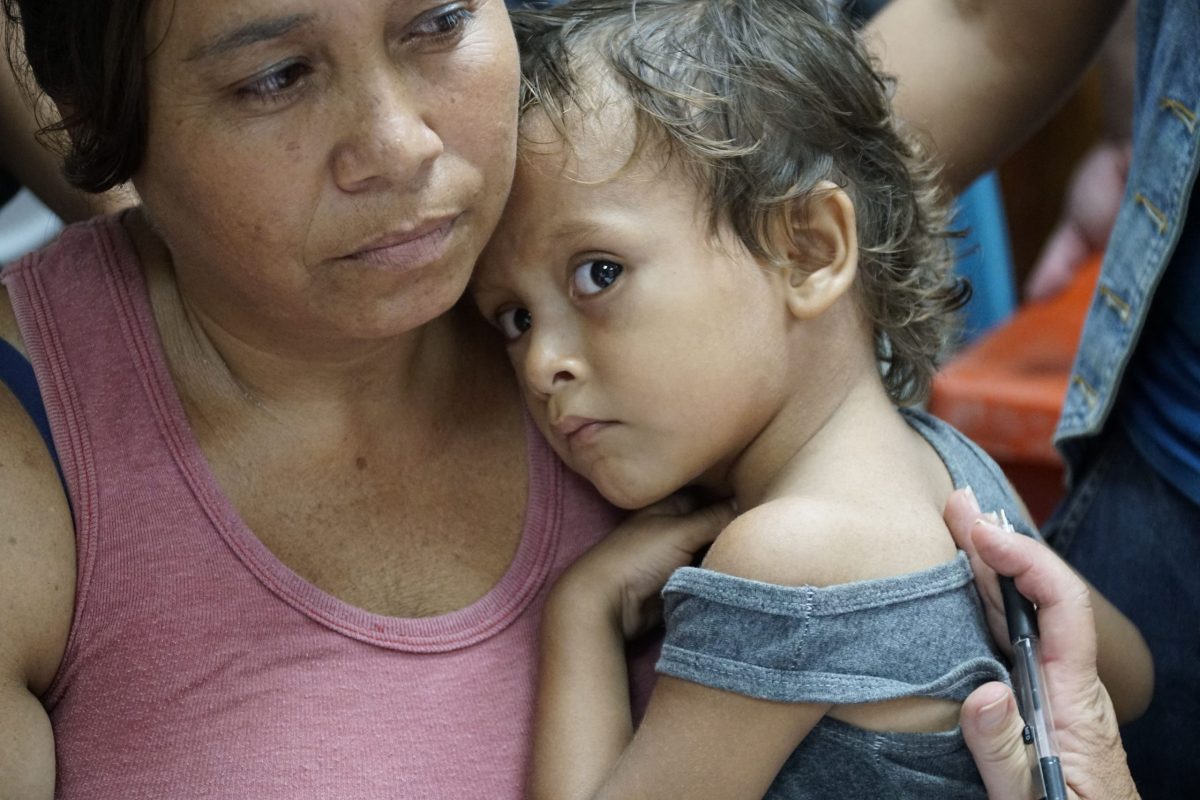
Guatemala
Around the world, one of the greatest needs is food. Because of the coronavirus, people are out of work, food prices have skyrocketed, and there are global food shortages. Childhood malnutrition in Guatemala is up 300 percent since the pandemic began! As a result, children have been helping their parents raise white flags outside of their homes as a sign that they are out of food and desperately need help to survive.
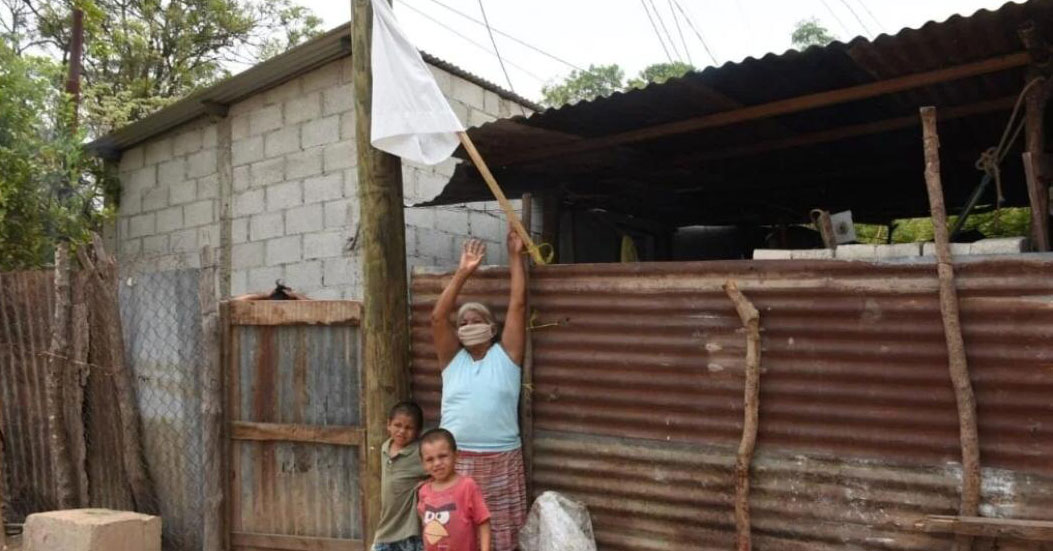
Nepal
Nepali children like Chimini and Daxa are used to having access to food at school even if they can’t afford much to eat at home. The school year in Nepal begins in March after a month-long break, so the kids were supposed to go back to classes right when the pandemic hit. Of course, that didn’t happen, and no one knows exactly when the schools will reopen. No school means no food for many kids. And until classes are back in session, these boys and girls will most likely be going hungry every day.
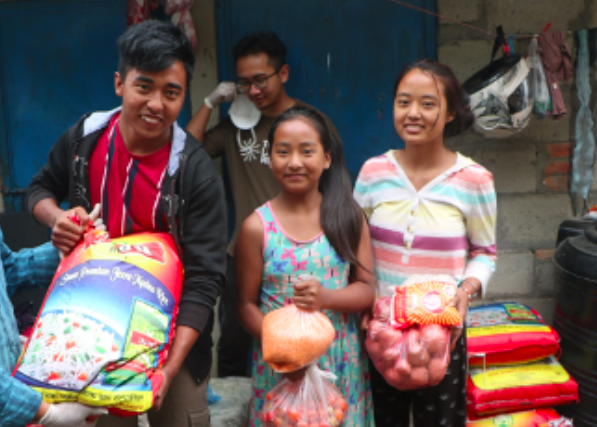
Thailand
Social distancing is nearly impossible for kids living in Thailand’s crowded slums. Since their living quarters are so cramped, boys and girls have no choice but to go out into the streets if they want to play. You can imagine how if one person were to get the virus in such a crowded area, it would quickly spread throughout the entire community. Thankfully, our partners have been able to deliver masks along with food to many children living in the slums, but they need help to continue.
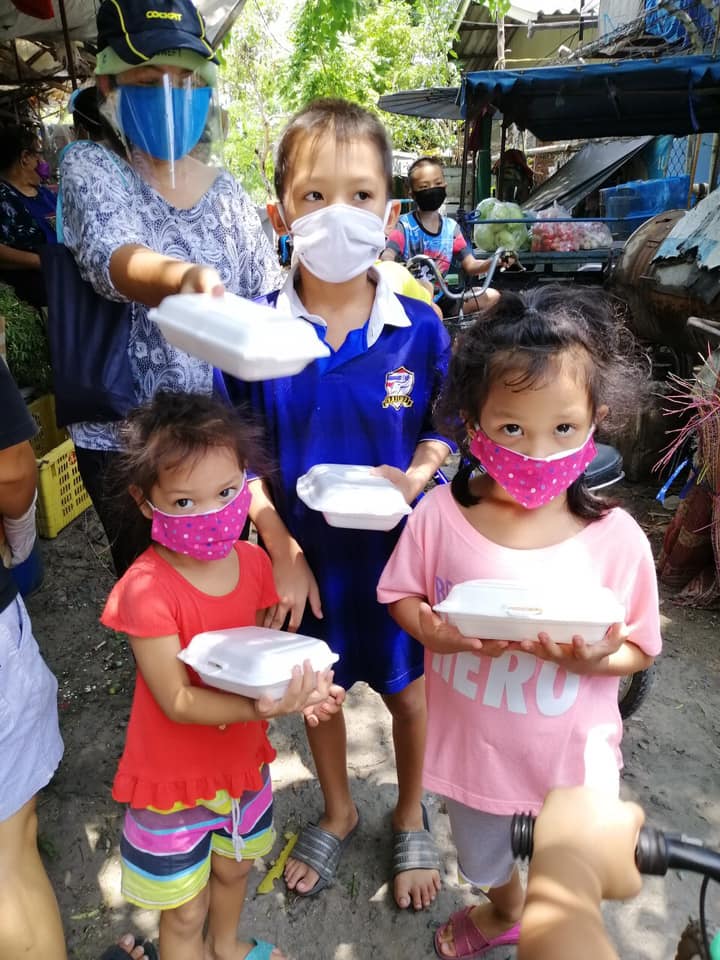
Uganda
Lockdowns have brought back old, painful memories for children who were orphaned during Uganda’s long civil war. “Some of the kids were abducted,” our partner said. “Because of that history, they have been affected psychologically.” They remember how quiet the streets were right before an attack. They remember everyone hiding. Staying inside. They remember food shortages and how their simple lives were turned upside down. Now, once again, food is scarce, and people are forced to stay home. In many ways, this quarantine resembles the war … and these orphans have little way of fending for themselves.
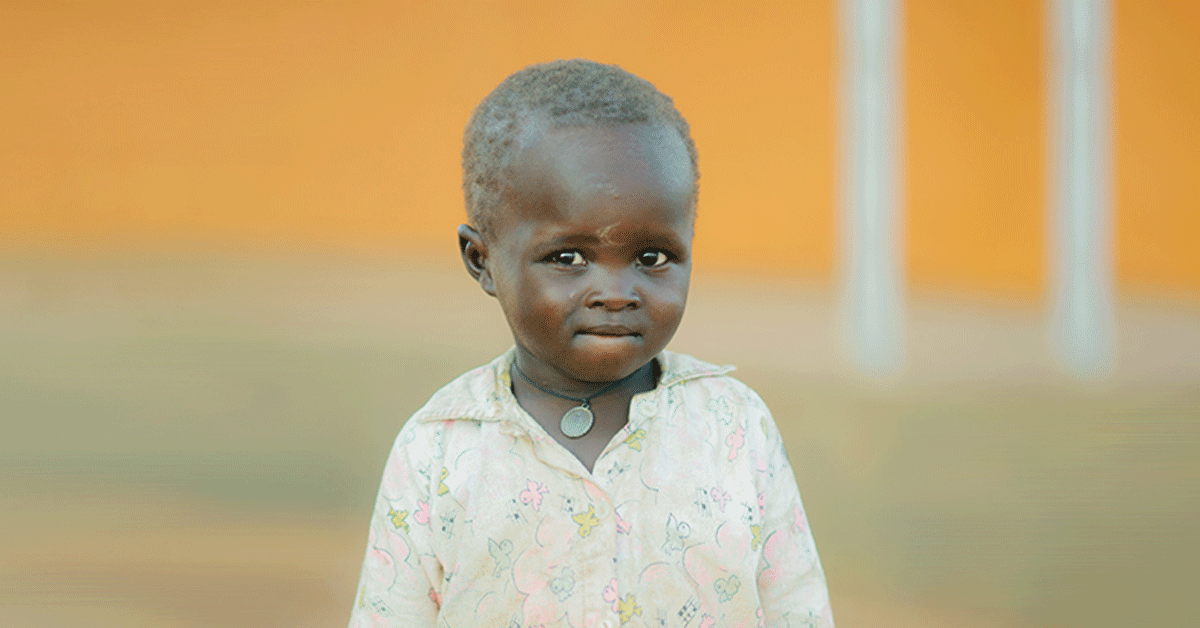
Zimbabwe
It’s not unusual for a child in Zimbabwe to have five, six, or even more siblings or cousins living with them. Providing for such large families can be a stretch for parents in the best of times … and when the coronavirus hit, nearly 80 percent of Zimbabweans lost their jobs. Our partners shared the story of one grandmother who was attempting to provide for her 10 grandchildren but had no way of buying food. “Please don’t forget about us,” the children and grandmother said.
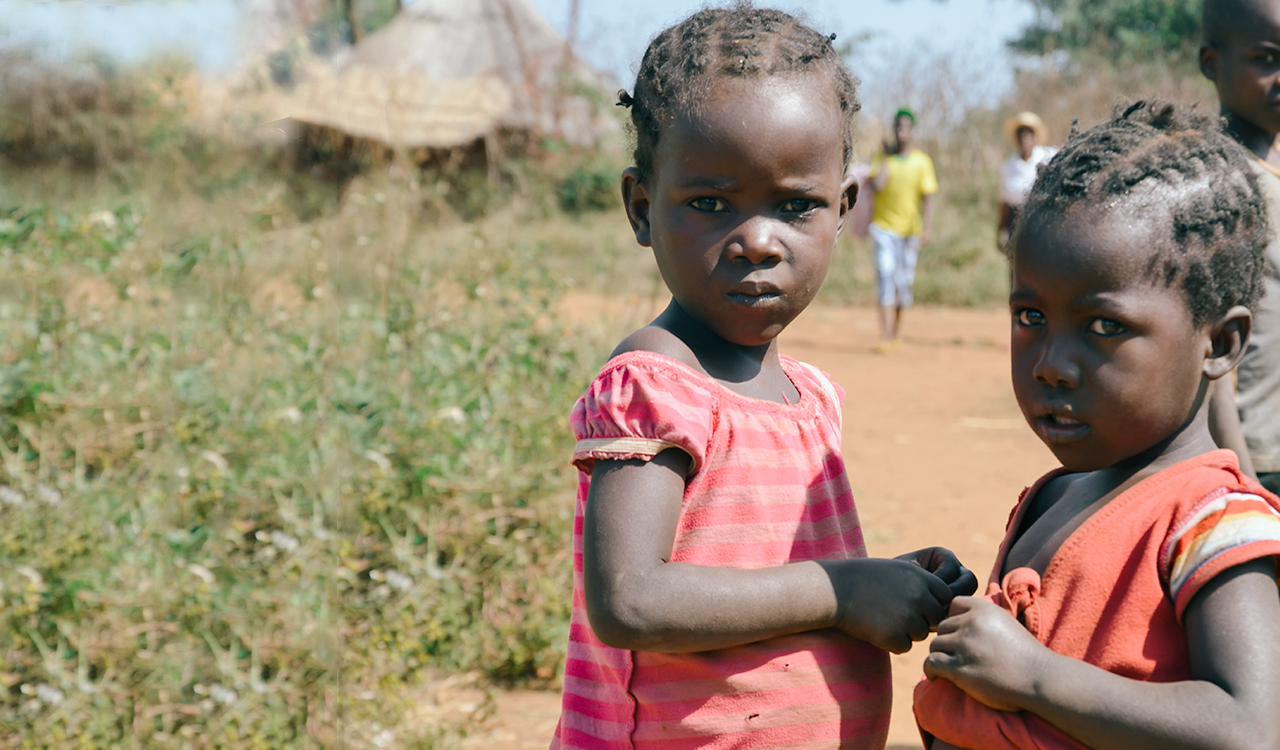
Boys and girls living in poverty have always needed help. But now the need is even greater.
Child sponsorship is one of the best ways to guarantee a child has everything he or she needs during this difficult time: essentials like food, clean water, medical care, and educational assistance. But since the coronavirus began and the Children of the World choir — World Help’s main avenue for recruiting sponsors — stopped traveling, the number of new sponsorships is down 94 percent!
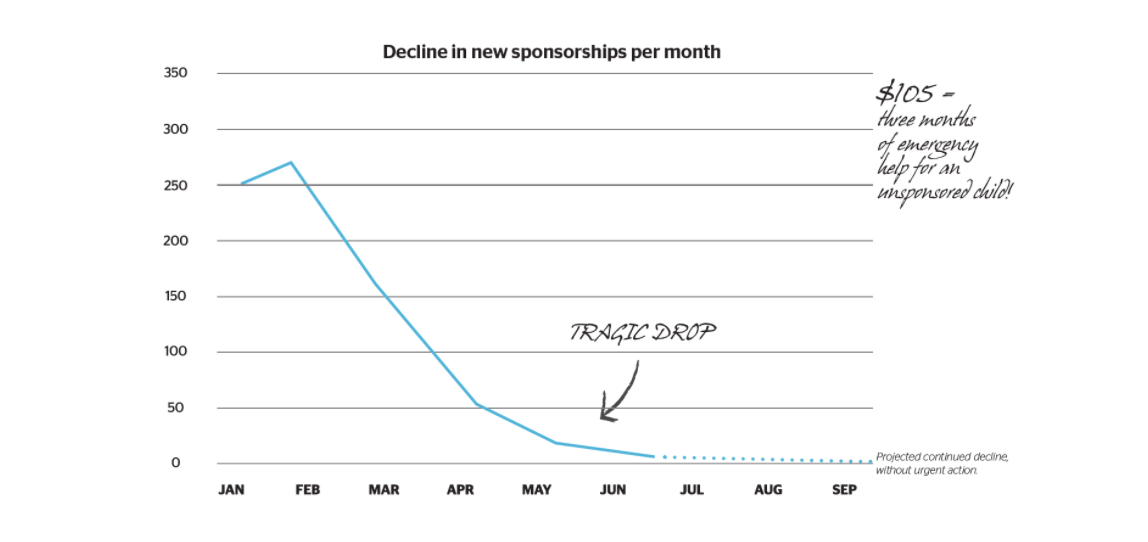
Will you help rescue an unsponsored child by helping meet their basic needs for three critical months?
Here’s how it works:
1. For $105, you will cover a child’s basic needs for three months. (And because many countries are still under lockdown, these next three months are crucial!)
2. You will help provide essentials like nutritious food, durable clothing, basic medical care, and educational opportunities.
3. You’ll give a child the chance to experience the love of Jesus Christ.
As a special thank you, we’ll even text you a photo of the child you’ll be helping (just provide your cell number and opt in at check out!), and you can look at it each day as you pray for that child’s safety during this pandemic.
There’s no denying this is a scary time to be growing up. But you can make it a little easier by helping meet the vital needs of a child in poverty today.
Recent stories on our blog
This Church Not Only Survived the Rwandan Genocide — It’s Thriving!
A mango tree stood tall next to a destroyed building — the . . .
Remembering the Rwandan Genocide 30 Years Later
Today marks 30 years since the Rwandan genocide began — . . .
How the Rwandan Genocide Still Affects People Today
“Never again.” These were the words many declared after . . .




